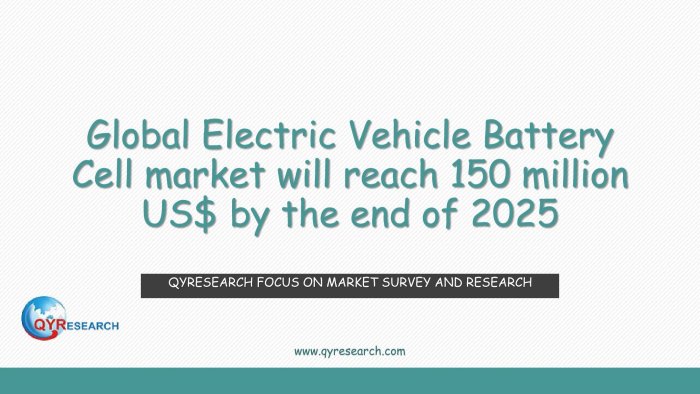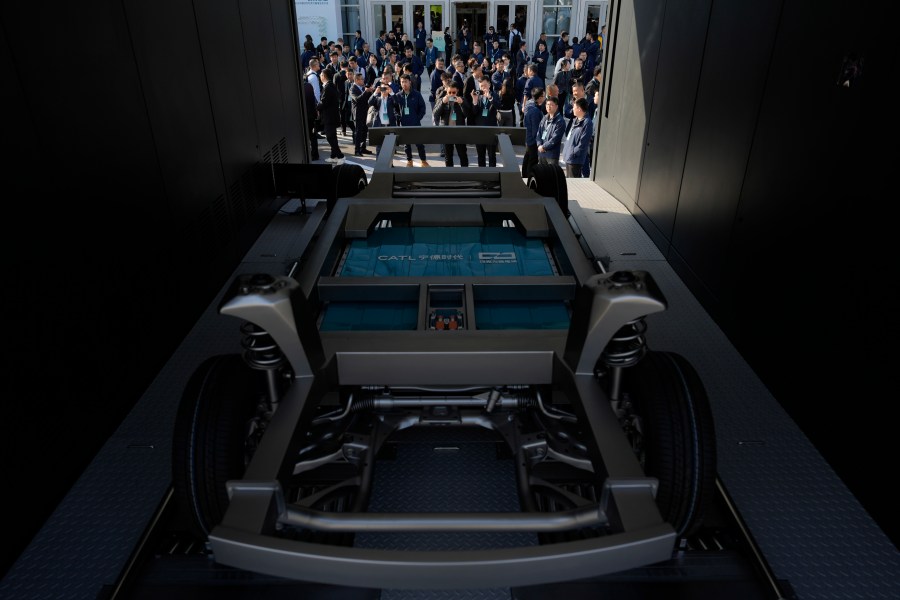The automotive landscape is rapidly evolving, with electric vehicles (EVs) taking center stage. While the internal combustion engine (ICE) remains relevant, the future points towards electrification. This shift necessitates a different approach to battery care, as EV batteries are significantly more complex and require specialized attention compared to traditional 12V lead-acid batteries found in gasoline and diesel cars. This comprehensive guide delves into the intricacies of EV battery care in 2025, providing essential information for owners to maximize their vehicle’s lifespan and performance.
Understanding EV Battery Technology in 2025
Electric vehicles in 2025 are likely to utilize several battery chemistries, each with its own specific care requirements. The most prevalent will probably still be lithium-ion (Li-ion) batteries, but advancements in solid-state batteries and other technologies are anticipated. Understanding the fundamentals of your specific battery type is crucial. Key aspects to consider include:
Lithium-ion Battery Chemistry:
- Cell Type: Different cell types (e.g., NMC, LFP, LCO) have varying characteristics regarding charging rates, temperature sensitivity, and lifespan. Knowing your battery’s cell type informs optimal charging and storage practices.
- Thermal Management: Li-ion batteries are sensitive to temperature extremes. High temperatures degrade the battery faster, while extremely low temperatures can reduce performance and range. Understanding your vehicle’s thermal management system is vital.
- Battery Management System (BMS): The BMS is the brain of the battery pack, monitoring voltage, current, temperature, and state of charge (SOC). It protects the battery from overcharging, over-discharging, and overheating. A malfunctioning BMS can severely impact battery health.
Emerging Battery Technologies:
Solid-state batteries are poised to revolutionize the EV industry. While not yet widespread in 2025, their potential for increased energy density, faster charging, and improved safety warrants attention. As these technologies mature, specific care instructions will need to be followed.
Optimizing EV Battery Lifespan and Performance
Prolonging the life and performance of your EV battery involves a multi-faceted approach. Following these best practices can significantly extend its lifespan and maintain optimal vehicle performance:
Charging Practices:
- Avoid Extreme Charging: Regularly charging to 100% or completely depleting the battery can accelerate degradation. Aim for a charging range between 20% and 80% for daily use.
- Optimal Charging Temperature: Charge your EV in moderate temperatures whenever possible. Avoid extreme heat or cold, which can negatively impact battery health.
- Level 2 vs. DC Fast Charging: While DC fast charging offers convenience, frequent use can put more stress on the battery. Prioritize Level 2 charging whenever feasible.
- Regular Software Updates: Keep your vehicle’s software updated. Manufacturers often release updates that optimize battery management and charging algorithms.
Driving Habits:
- Smooth Acceleration and Braking: Aggressive driving styles put extra strain on the battery. Gentle acceleration and braking can improve efficiency and prolong battery life.
- Regenerative Braking: Utilize regenerative braking whenever possible. This feature captures energy during deceleration, extending the driving range and reducing battery wear.
- Pre-conditioning: In extreme weather conditions, use the vehicle’s pre-conditioning system to heat or cool the cabin before driving. This reduces the energy drain on the battery during the initial drive.
Storage and Maintenance:
- Storage Level: If storing your EV for an extended period, maintain a charge level of around 50%. This helps prevent deep discharge and maximizes battery health.
- Temperature Control: Store your EV in a cool, dry place, away from direct sunlight and extreme temperatures.
- Regular Inspections: Schedule regular inspections with your authorized service center to monitor battery health and address any potential issues promptly.
- Avoid Modifications: Avoid unauthorized modifications to the battery system, as this can void warranties and potentially damage the battery.
Troubleshooting Common EV Battery Issues
Even with proper care, some battery issues may arise. Understanding common problems and their solutions is crucial:

Source: yumpu.com
Reduced Range:
Reduced driving range can be attributed to various factors, including battery degradation, driving style, temperature, and tire pressure. Consult your owner’s manual or a qualified technician for diagnosis.
Slow Charging:
Slow charging can result from issues with the charging cable, charging station, or the vehicle’s charging system. Check for any visible damage or errors and contact your service center if needed.
Battery Warning Lights:
If a battery warning light illuminates, immediately stop driving and contact your authorized service center. This indicates a potential problem that requires professional attention.
Frequently Asked Questions (FAQ)
- Q: How long do EV batteries last? A: The lifespan of an EV battery varies depending on usage, charging habits, and environmental factors. Most manufacturers offer warranties covering a significant portion of the battery’s lifespan.
- Q: Can I replace my EV battery? A: Yes, EV batteries can be replaced, although it’s typically a costly procedure. The cost will vary depending on the battery type and vehicle model.
- Q: How can I improve my EV’s range? A: Improving range involves optimizing driving habits, utilizing regenerative braking, and maintaining proper tire pressure. Avoid aggressive acceleration and braking.
- Q: What should I do if my EV battery overheats? A: If your EV battery overheats, immediately stop driving and contact your service center. Do not attempt to cool the battery yourself.
- Q: How often should I have my EV battery inspected? A: Consult your owner’s manual for recommended inspection intervals. Regular inspections help identify potential issues early on.
Resources
- FuelEconomy.gov
– Provides information on fuel efficiency and alternative fuel vehicles. - Department of Energy (DOE)
-Offers resources on electric vehicles and battery technology. - [Add links to relevant manufacturer websites]
Conclusion
Proper EV battery care is crucial for maximizing its lifespan and performance. By following the guidelines Artikeld in this guide, you can significantly extend the life of your electric vehicle’s battery and enjoy a smooth, reliable driving experience for years to come. Remember to always consult your owner’s manual and your authorized service center for specific recommendations tailored to your vehicle’s make and model.
Call to Action
Schedule your next EV battery inspection today and ensure your vehicle is performing at its best! Contact your local authorized service center to learn more about battery health checks and maintenance plans.
FAQ
What is the optimal charging temperature for my EV battery?
Ideally, charge your EV battery in a moderate temperature range (between 60-77°F or 15-25°C) to maximize its lifespan and charging efficiency. Extreme temperatures can negatively impact battery performance.

Source: moveelectric.com
How often should I check my EV’s battery health?
Regularly monitor your EV’s battery health through your vehicle’s onboard system or a connected app. The frequency depends on your vehicle’s system, but checking monthly or quarterly is generally recommended.
What are the signs of a failing EV battery?
Signs of a failing EV battery can include reduced driving range, slower charging times, unusual noises from the battery area, and warning lights on the dashboard. Consult your vehicle’s manual or a qualified technician if you suspect a problem.
Can I use any type of charger for my EV?

Source: wgnradio.com
No. Use only the chargers recommended by your vehicle manufacturer or those that meet the appropriate charging standards for your EV’s battery type. Using incompatible chargers can damage your battery.
